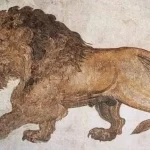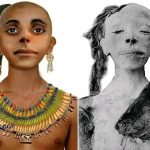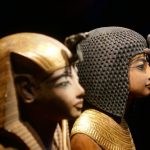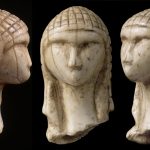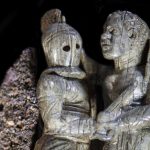Ancient Egyptian Genome Reveals Mesopotamian Ancestry
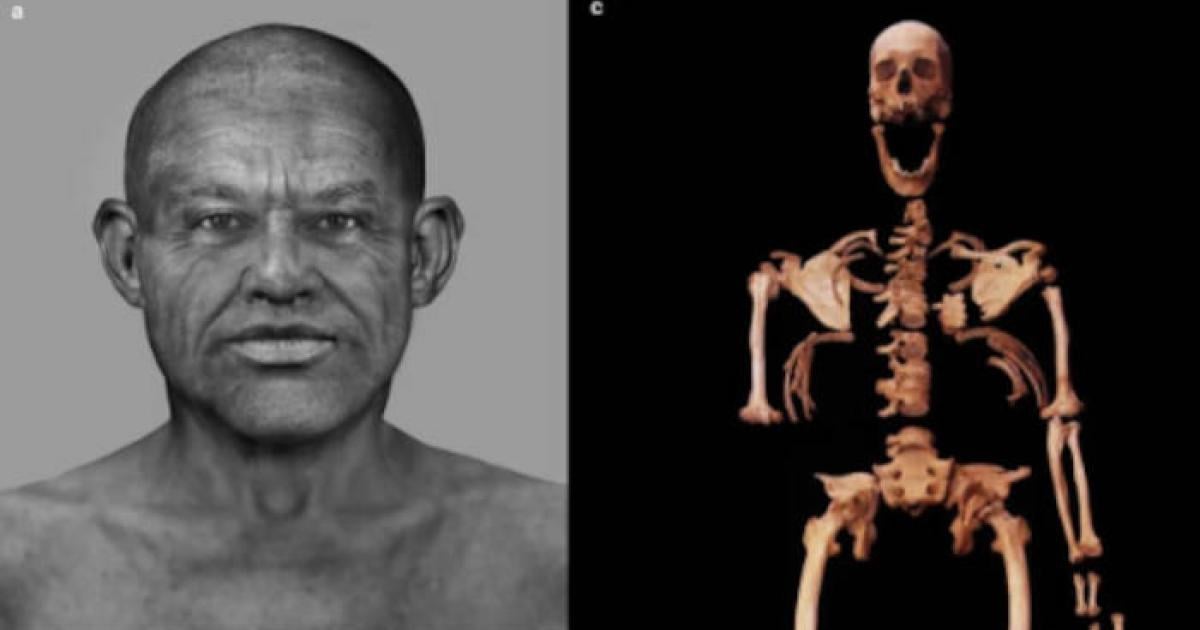
DNA from Egypt’s Pyramid Era Reveals Mesopotamian Connection
For the first time, scientists have successfully sequenced the entire genome of an ancient Egyptian man, using DNA extracted from the roots of his teeth—preserved for thousands of years inside a sealed ceramic vessel within his tomb.

The man lived between 4,500 and 4,800 years ago, during Egypt’s Old Kingdom, also known as the “pyramid era.” His remains were discovered in a potter’s burial at Nuwayrat, about 270 kilometers south of Cairo. Archaeologists estimate he was around 60 years old at the time of his death and may have worked as a potter.
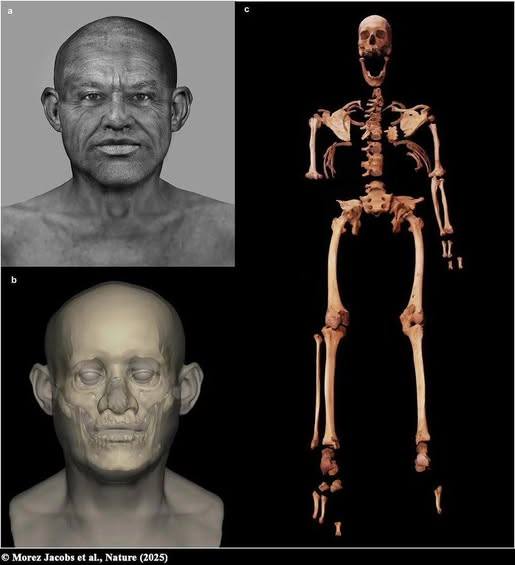
Genetic analysis revealed:
- 80% of his ancestry originated from Egypt and North Africa
- 20% traced back to Mesopotamia, the Fertile Crescent
According to lead researcher Adeline Morez-Jacobs, these findings point to notable genetic links between ancient Egypt and the eastern Fertile Crescent.

